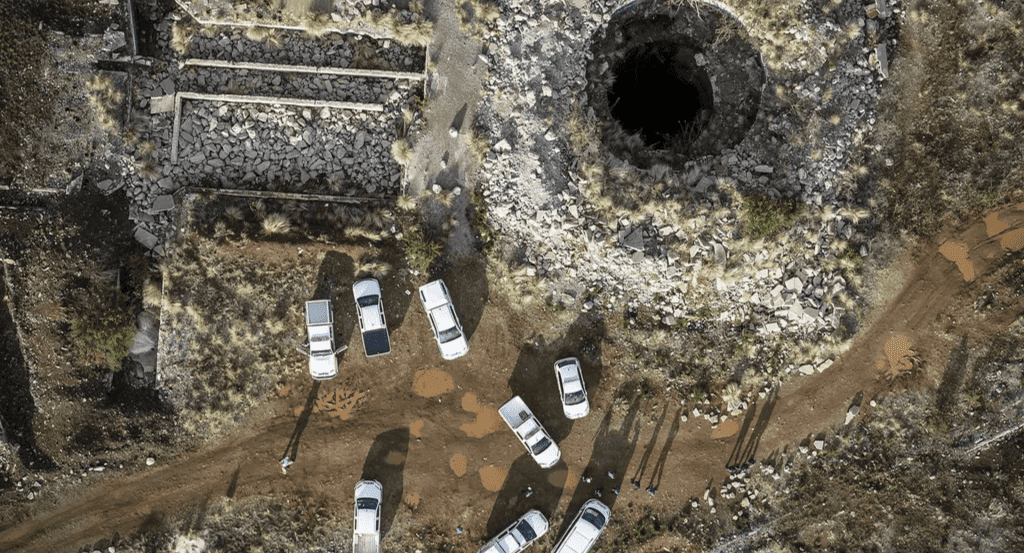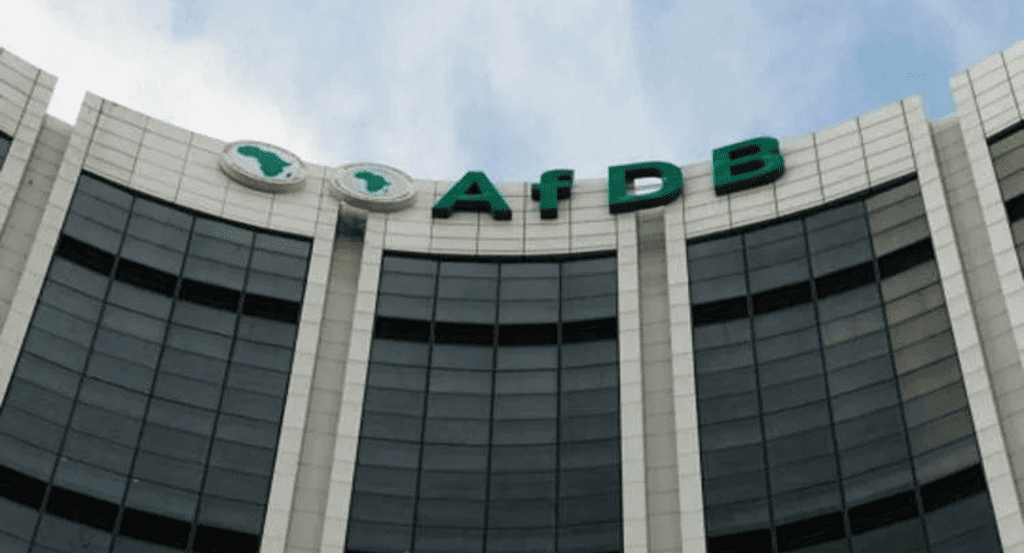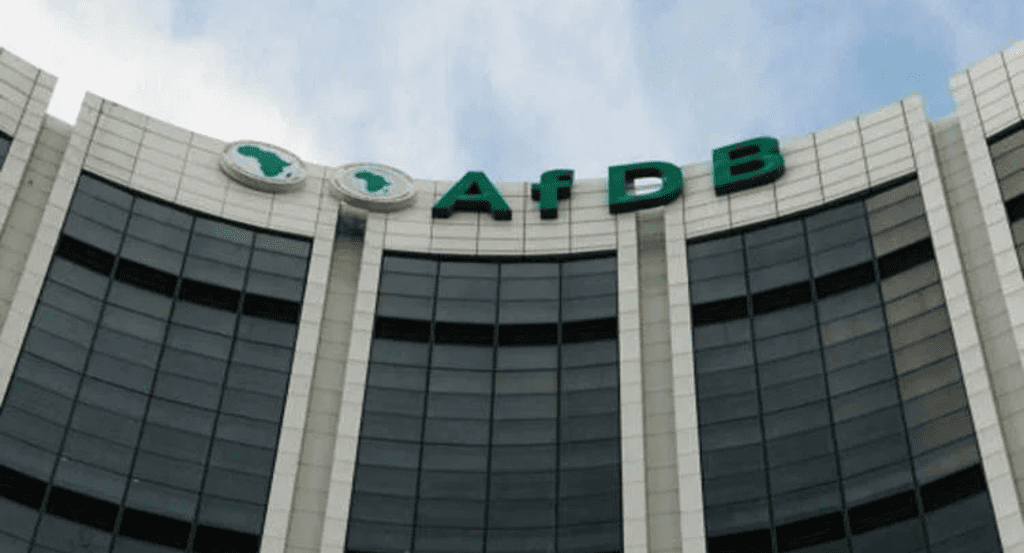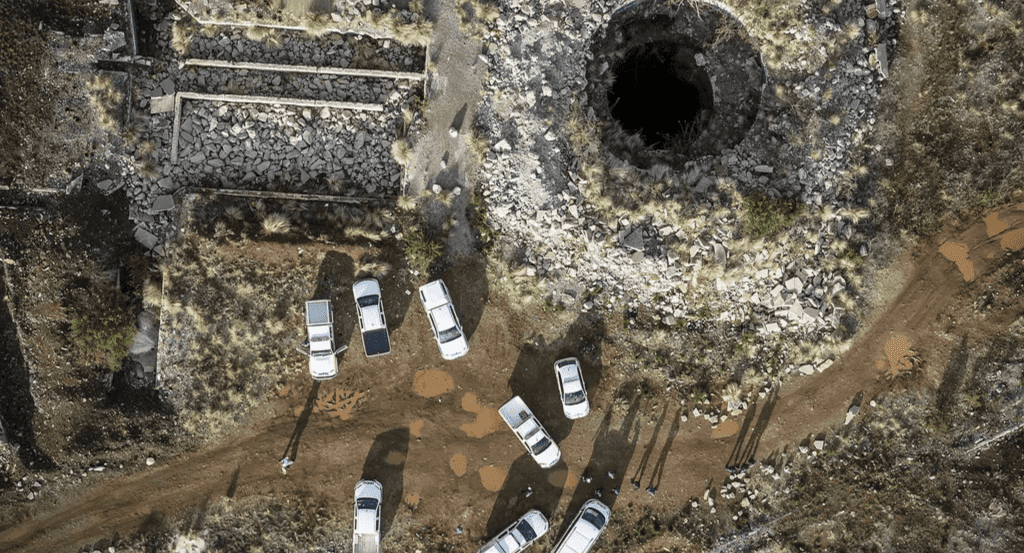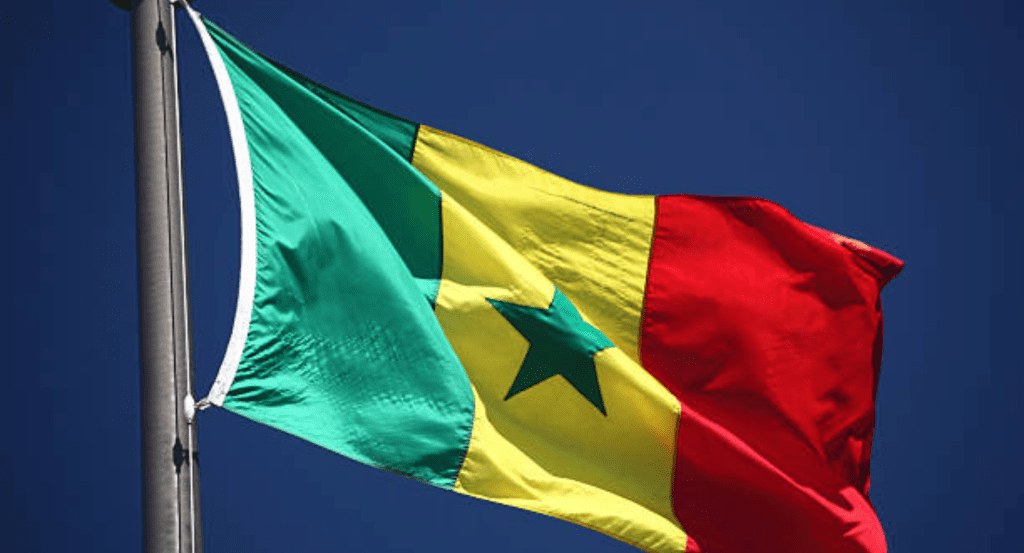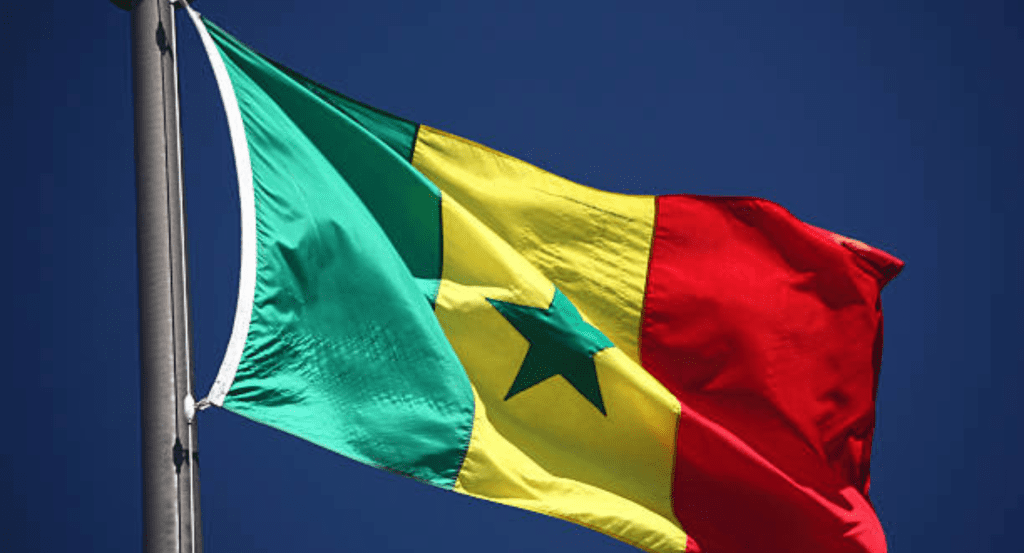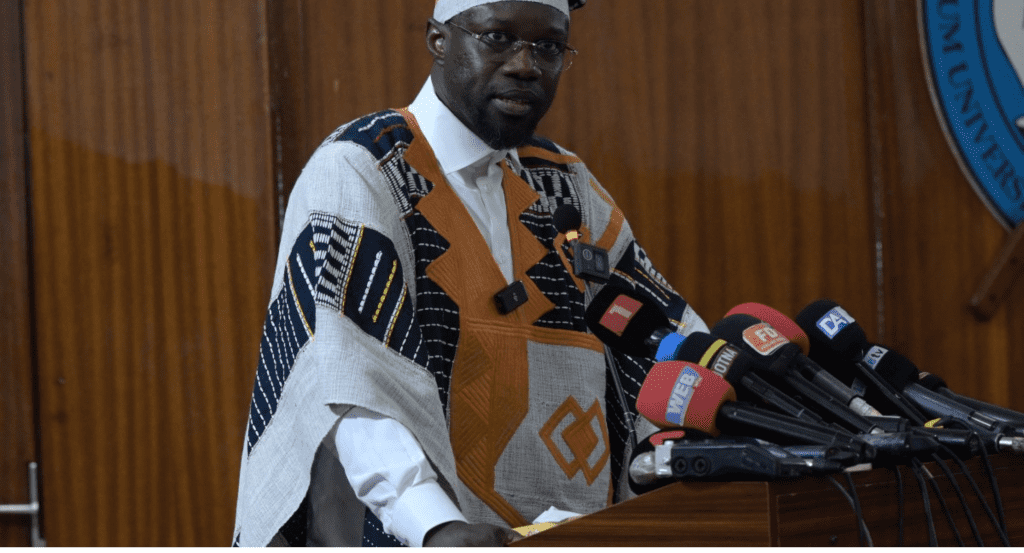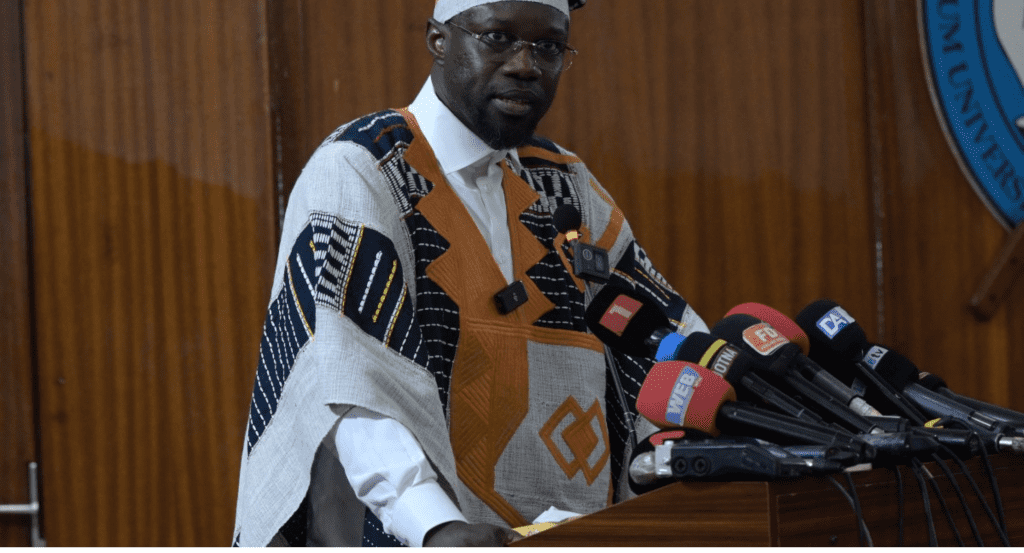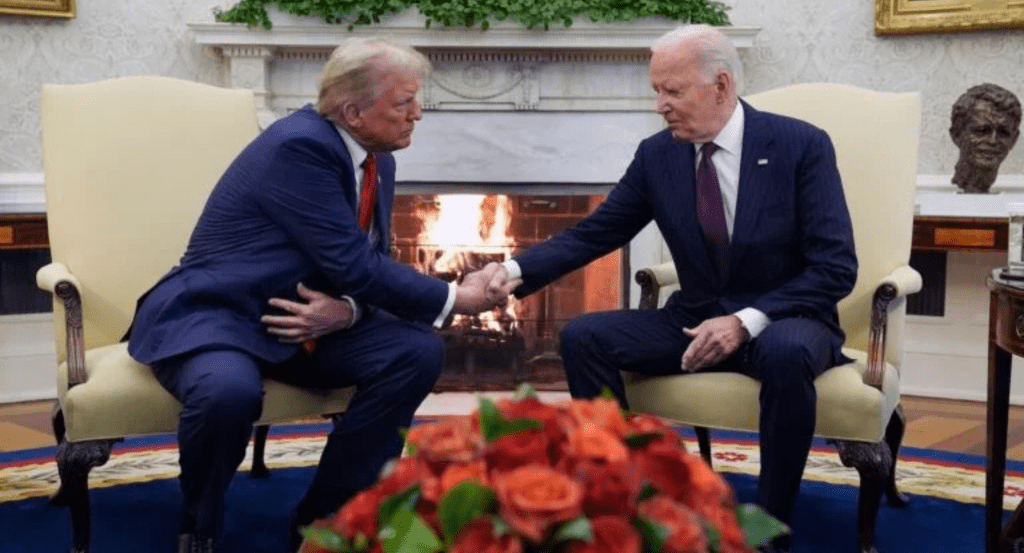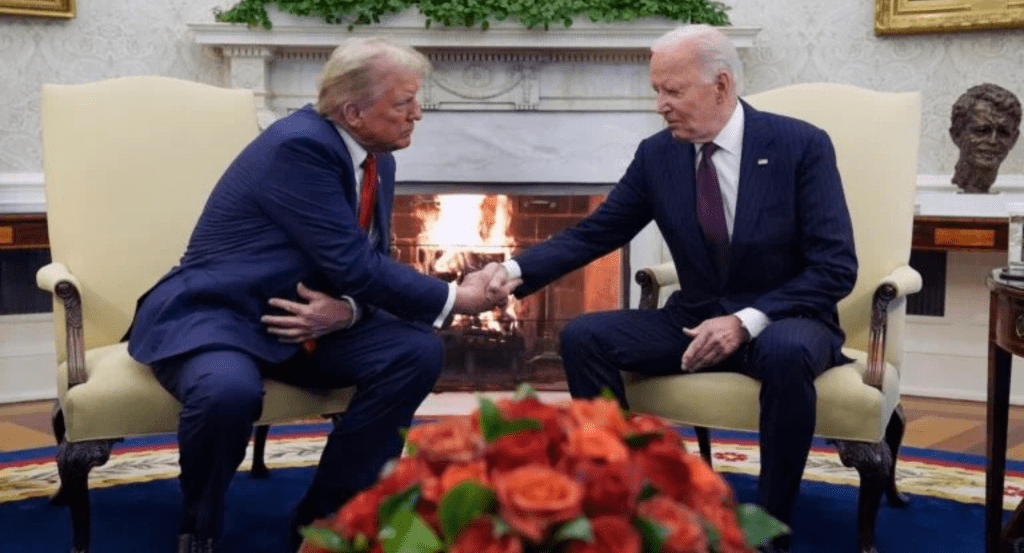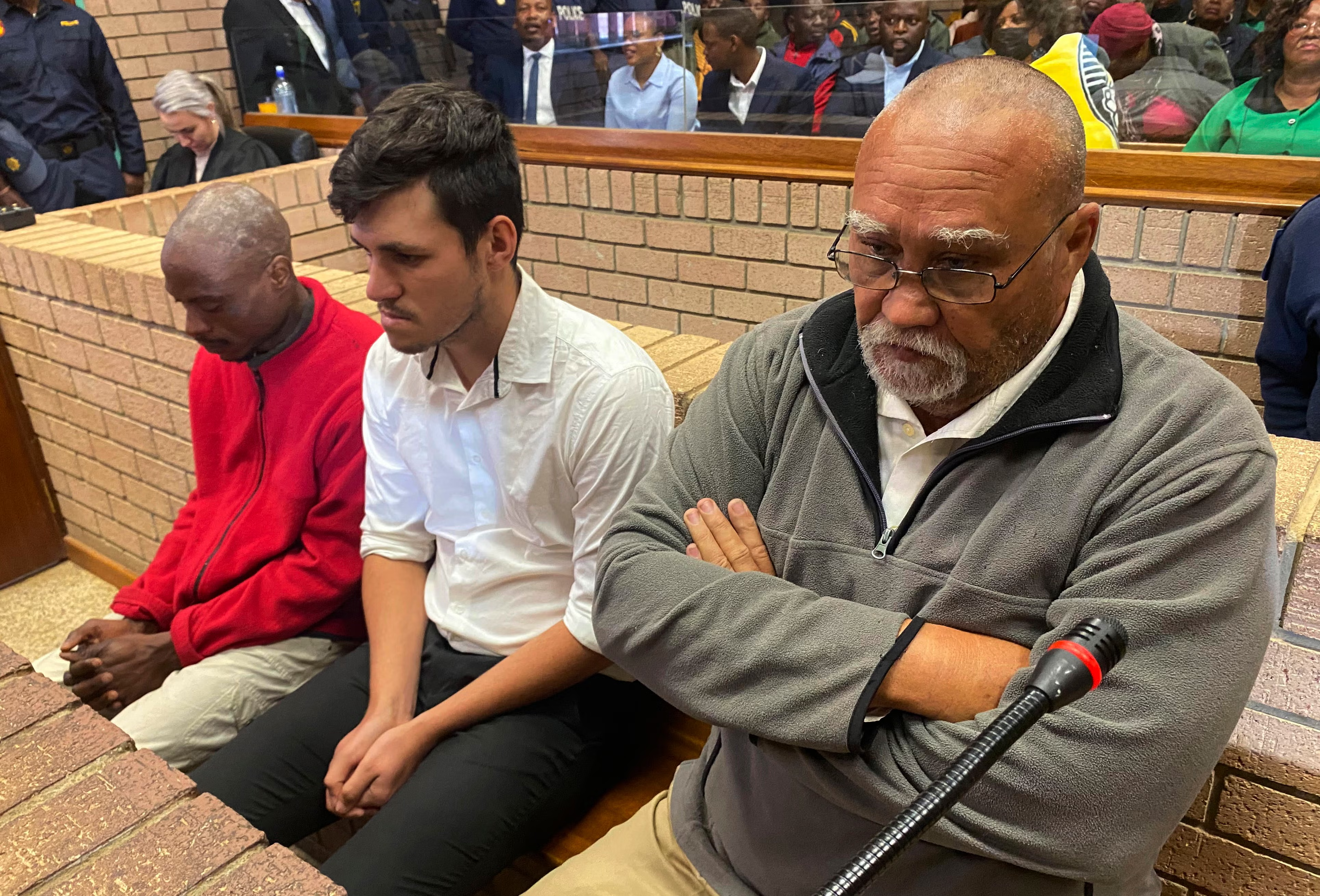Protests against Nigeria’s election results have grown more intense, capturing the attention of the nation and the world. Following the announcement of the recent presidential election results, which declared Bola Tinubu of the ruling party as the winner, many citizens took to the streets to express their dissatisfaction.
The protests began as small gatherings in major cities, but they quickly escalated into larger demonstrations as frustrations mounted. Protesters accused the electoral commission of failing to follow proper procedures and alleged widespread irregularities during the voting process. Many believe that the election was marred by fraud, and they demand accountability from the government.
In Lagos, Nigeria’s bustling economic hub, thousands marched through the streets, chanting slogans and holding placards that called for justice and transparency. The atmosphere was charged with emotions, as demonstrators expressed their anger over what they perceived as a stolen election. Similar scenes unfolded in other cities, including Abuja and Port Harcourt, as citizens rallied in solidarity.
The opposition parties, particularly those who finished behind Tinubu, have supported the protests, claiming that the results do not reflect the will of the people. They argue that the Independent National Electoral Commission (INEC) failed to upload results from many polling units, which they believe undermines the credibility of the election.
As the protests intensified, police and security forces were deployed to maintain order. While some demonstrations remained peaceful, others turned confrontational, leading to clashes between protesters and law enforcement. Reports of injuries and arrests began to surface, further fueling public outrage.
Community leaders and activists have joined the protests, calling for a comprehensive review of the electoral process. They emphasize the importance of protecting democracy and ensuring that every vote counts. The protests have drawn attention to the need for electoral reforms in Nigeria, as many citizens express a desire for a more transparent and accountable political system.
In the face of rising tensions, the government has urged calm and dialogue. Officials have acknowledged the protests but have also defended the electoral process, insisting that the elections were conducted fairly. However, many citizens remain skeptical and continue to voice their concerns.
As the protests continue, Nigeria stands at a crossroads, grappling with the implications of the election results and the demands of its citizens for a more just and equitable political landscape. The coming days will be crucial in determining how the situation unfolds, as both the government and the people seek a resolution to the ongoing turmoil.



